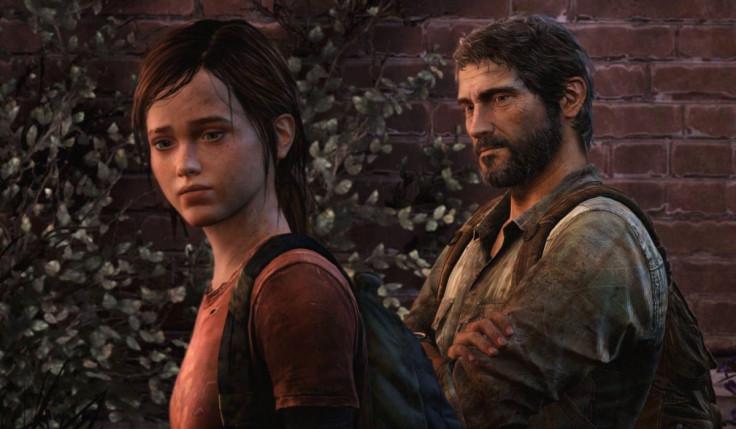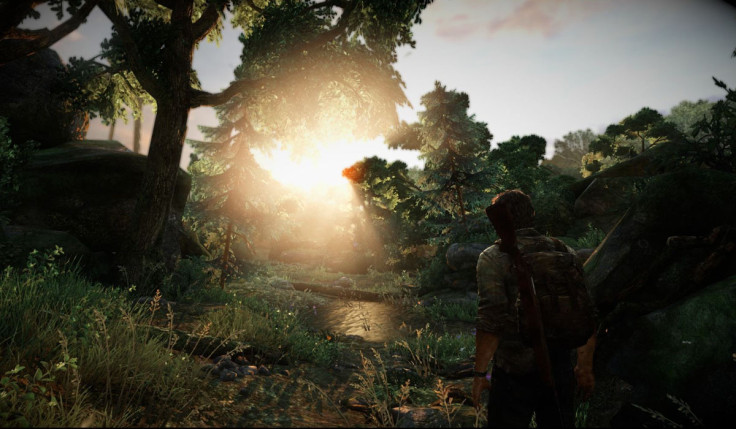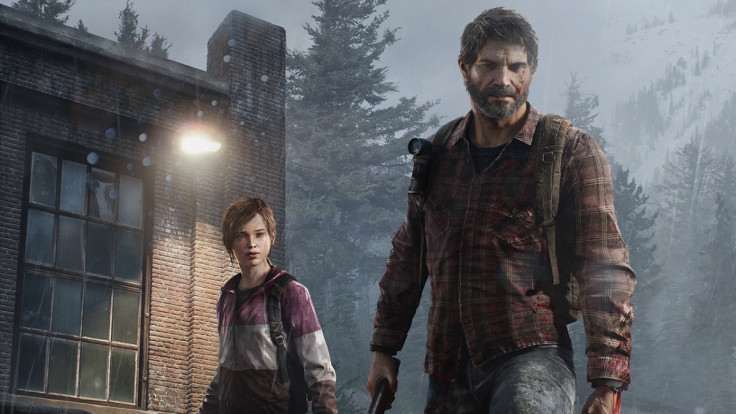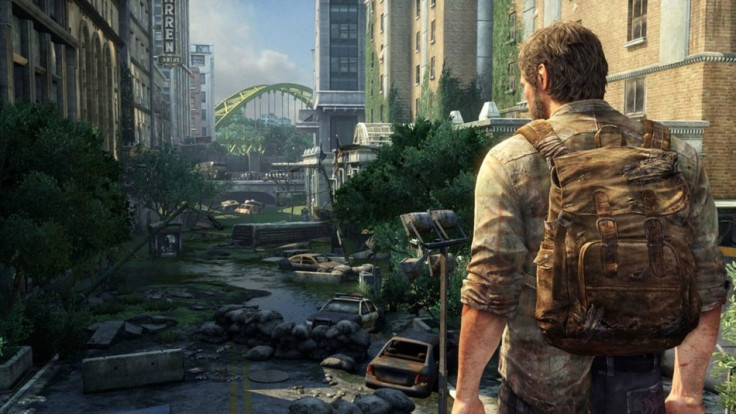The Last of Us: How Will Naughty Dog's Classic Be Remembered?

Few games attain classic status easily, but Naughty Dog's The Last of Us did so instantly last summer when it was released to astronomically high praise and gripped the gaming world at a time that traditionally doesn't see many games released.
One year later and the former PlayStation 3-exclusive has been released again, this time spruced up for the PlayStation 4 and with all its DLC included within. Many people – myself included – even opted to buy it a second time for reasons not quite within the realms of logical thought.
Undoubtedly The Last of Us has been a phenomena, and an assured classic that will be fondly remembered in the years to come, but why? And for what will it be remembered most?

Naughty Dog has been a fixture of Sony's development stable for years, developing the Jak and Daxter trilogy during the PS2 era and the Uncharted trilogy for PS3. And as celebrated as the majority of those games were, none of them struck a chord quite like The Last of Us.
The nature of a classic – be it a film, album or book – means that no particular facet of that piece can be singled out as the reason for its success because it works as an excellent cohesive whole. The Last of Us will be remembered for telling one of the video game medium's greatest stories, but it wouldn't have worked as well were it not for the acting, pacing, design, gameplay or any number of reasons.
Some might point to Neil Druckmann's script and the characterisations of lead pair Ellie and Joel. Others might turn to the pacing, which lets their story unfold in a natural way befitting of the time players devote to such games, or the exquisite performances of Ashley Johnson and Troy Baker in those lead roles.
From a cultural standpoint, The Last of Us has also been indicative of modern trends. The Walking Dead has popularised human drama in an apocalyptic setting, while the strong female characters of Ellie and Tess (Annie Wersching) appeal to a desire in the industry which saw Tomb Raider rebooted last year with the intention of making former pin-up icon Lara Croft a fully-realised character.

Even the look of the game - born out of its apocalyptic nature - can be seen in other mediums. Not just the aforementioned Walking Dead series, but also in early scenes from this year's Godzilla reboot and particularly strongly in summer blockbuster Dawn of the Planet of the Apes.
The pacing too was likened by many to that of a television box set made to be binged on over the course of a few days, a recent trend in televisiual viewing.
The Last of Us hasn't had the reach beyond gaming to become a cultural touchstone of the 2010s, but it will be fondly remembered by the video game industry itself as a moment of maturity. Whizz-bang populace schlock will always exist – and don't get me wrong, I enjoy those games and the industry needs them – but Naughty Dog's creation marked one of only a handful of times a massive, big-budget title has succeeded as a properly mature experience.
Some lazy folk might point to the game's focus on story and claim it's trying to be a film, but the fact is that this is a story that works best as a video game and would be radically different in any other medium. Chiefly, of course, this is because of the gameplay.

Moving through an infested or human-held area reveals a taut, decaying world seeped in mistrust. The brutality of Joel's takedowns and executions expose the darkness and desperation within him and one particular change of perspective in the second half of the story provides a jarring change of pace which keeps you on tenterhooks following an ambiguous cliffhanger.
The Last of Us is a classic because it is the game many of us had been waiting for, one which relishes the potential of this medium to stand proudly alongside more respected ones and retains exactly what it is that makes it a game.
Perhaps, in an industry in which developers express displeasure at having to make games with gameplay in them (see the second question here), what The Last of Us will be most fondly remembered for is its complete and utter confidence in its own status as a video game.
© Copyright IBTimes 2025. All rights reserved.






















